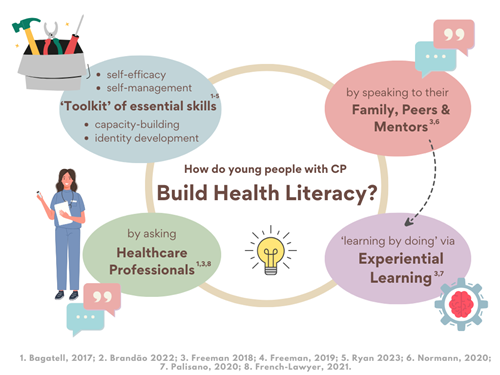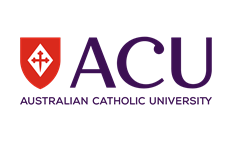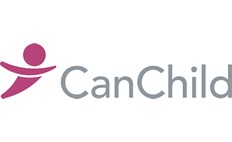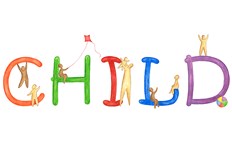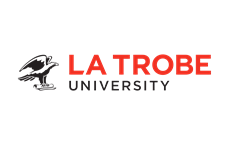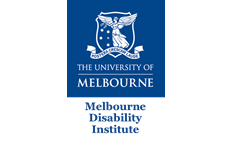How do young people with CP build health literacy?
- Published
- Tuesday, March 5, 2024 - 12:00 PM
In this study, we wanted to find out how well young people with cerebral palsy (CP) understand health information (known as ‘health literacy’), how they learn about their health, and if this affects their quality of life. We looked at research papers from 2001 to June 2023 to find studies about health literacy in young people with CP (aged between 13-38 years). Two researchers checked the studies to make sure they were relevant and reliable. We combined all the information and summarised the findings.
We found eleven studies that included information from 363 young people with CP. These studies showed that young people with CP use different ways to understand health information and improve their health skills; such as finding what they need to know, learning new skills, and learning from their own experiences. Most preferred to get information from trusted sources such as their healthcare providers, family and peers. However, young people with CP reported there was not much information about some important topics they wished to learn more about, like growing older with CP, sexual health, and navigating romantic relationships. We didn’t find much information about how health knowledge affects quality of life.
Overall, young people with CP want health information that is relevant to them and is trustworthy. This is so they can make better decisions about their health. Giving young people with CP opportunities to learn about their health needs earlier, can help build skills and confidence as they transition into and through adulthood.
(2024) Health literacy in adolescents and young adults with cerebral palsy: a mixed methods systematic review, Disability and Rehabilitation, DOI: 10.1080/09638288.2024.2311879


